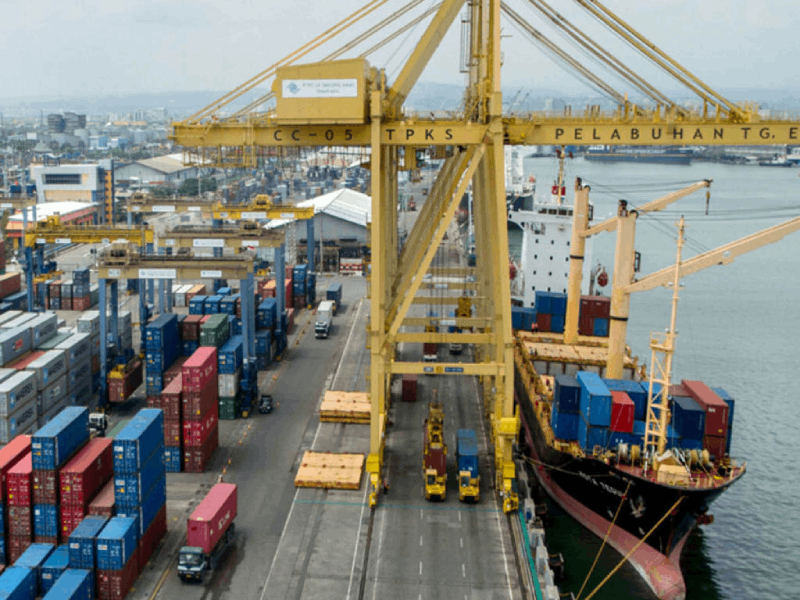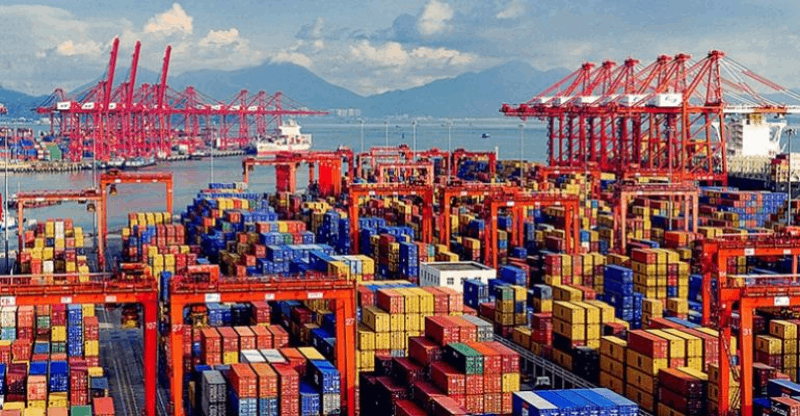Time:2022-07-12 Publisher:Kevin Num:5681

Recently, Sri Lanka has been deeply affected by the economic crisis. Since the last local announcement of a public emergency, the local situation has deteriorated again.
It is understood that last week, Sri Lanka's president tabaya Rajapaksa announced that he would resign as president on the 13th. At the same time, Sri Lankan Prime Minister viklamasingha also expressed his willingness to resign.
Just last week, a large-scale demonstration took place in Colombo, the capital of Sri Lanka. Demonstrators not only broke into the president's office area, but also set fire to the prime minister's residence.
At the same time, Sri Lanka's prime minister viklemasinha said that Sri Lanka had gone bankrupt. Its foreign exchange reserves plummeted to a record low.
At present, the inflation rate of the country has also set a new record, with the inflation rate as high as 54.6% in June. The bank said that it may rise to 70% in the next few months.
On the other hand, due to the impact of the conflict between Russia and Ukraine, the fuel supply of the country is seriously insufficient. It is reported that Sri Lanka's economic crisis and fuel shortage have led airlines to reduce their capacity to the country.
A Sri Lankan freight forwarder said, "now a large number of airlines have reduced their transportation capacity in the country. There is a serious shortage of aviation fuel, and airlines are forced to reduce or suspend their services to and from Colombo."

The causes of this crisis in Sri Lanka include the epidemic, the conflict between Russia and Ukraine, soaring energy prices, supply chain disruption and so on. This has brought great damage to the local tourism industry.
The deeper reason is that Sri Lanka's external debt is high, and its trade and current accounts have been in deficit for a long time.
Sri Lanka is completely dependent on imports of important commodities such as drugs and fuels. Under the impact of the epidemic and the conflict between Russia and Ukraine, commodity prices soared, making the country's foreign exchange reserves insufficient and resources scarce.
At that time, all walks of life began to hold strikes, including port workers.
Colombo port began a 23 hour strike action, followed by a series of strikes, and the operation of the port has seriously stalled.
Sri Lanka has negotiated with the International Monetary Fund (IMF) many times in the past to obtain financial support.
Recently, the Prime Minister of the country said that it was obviously difficult to negotiate with the IMF. Because the country is now participating in the negotiations as a bankrupt country.
Last week, the president of the country Rajapaksa said on twitter that he had sought assistance from Russian President Putin and hoped to provide credit support for his imported fuel.
GLA hereby reminds the majority of shippers and freight forwarders that if they have trade contacts with the country, they need to pay attention to foreign exchange information and port conditions in time to avoid unnecessary losses.



